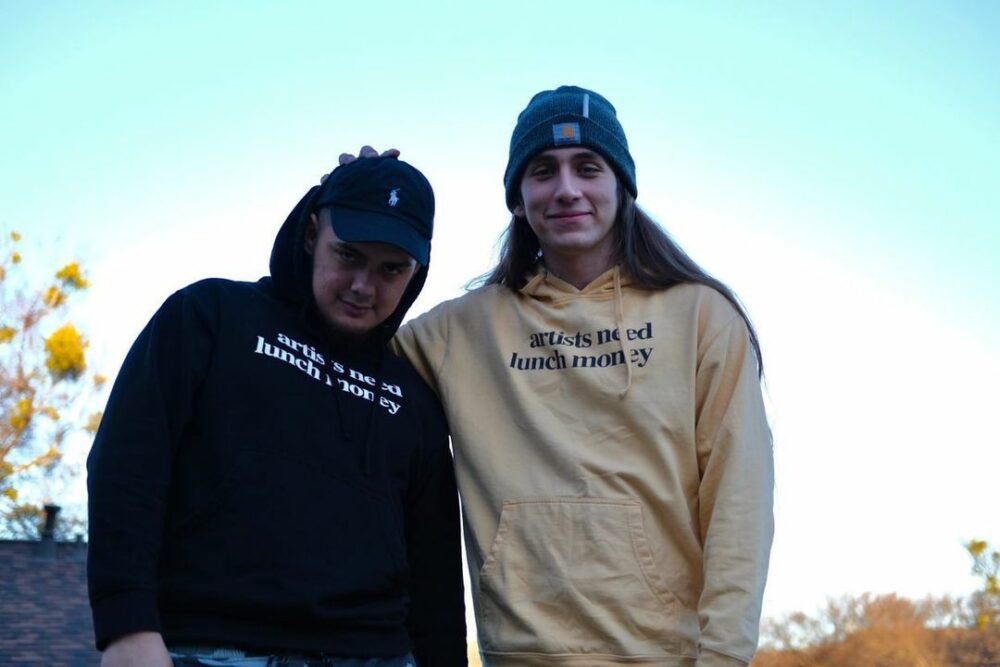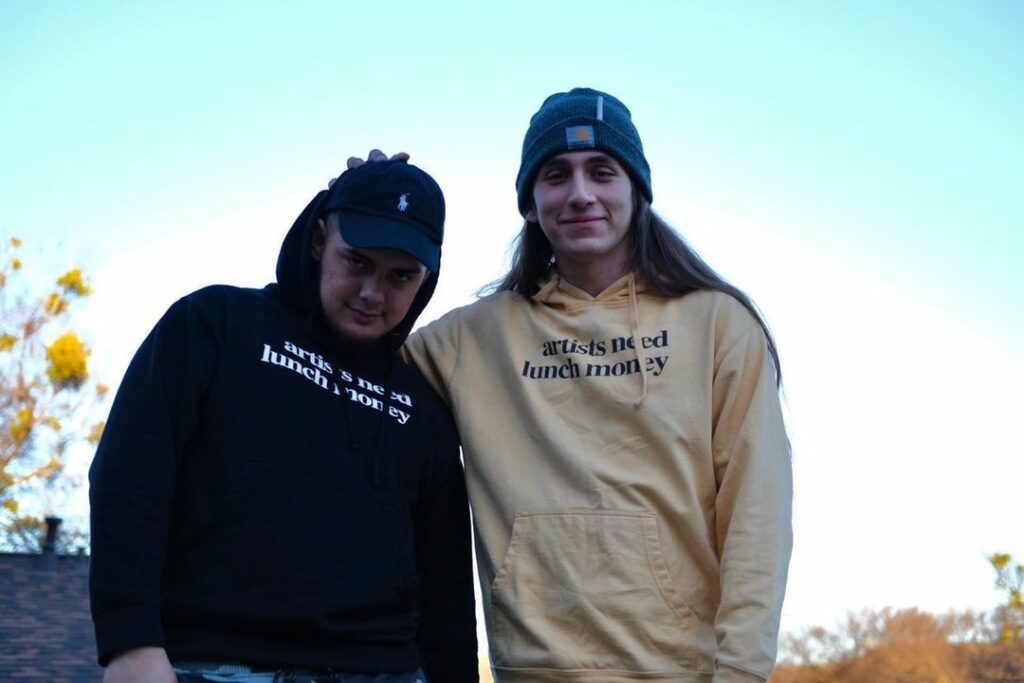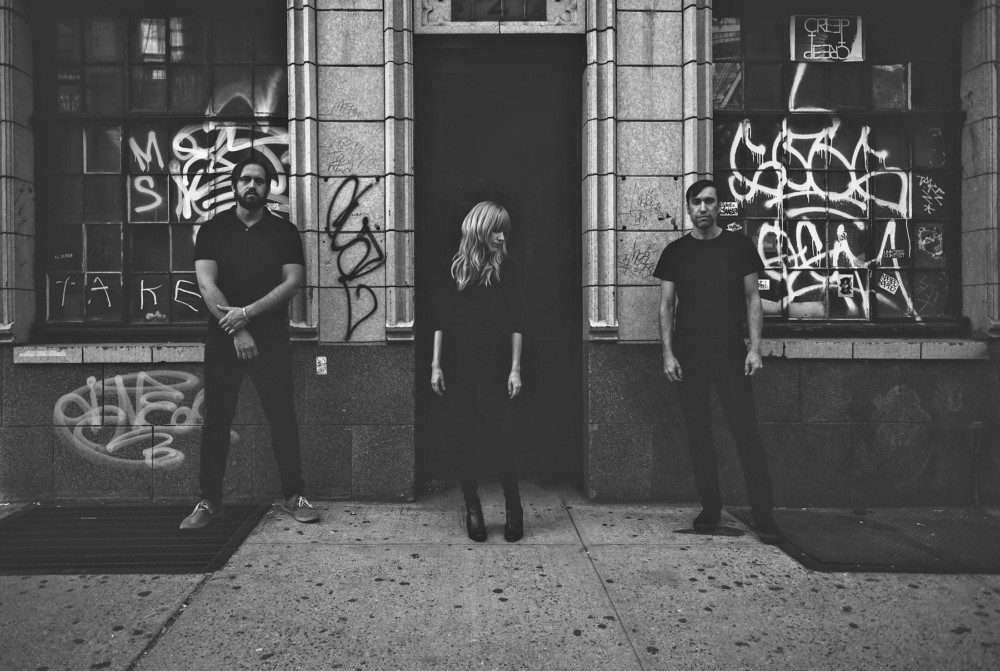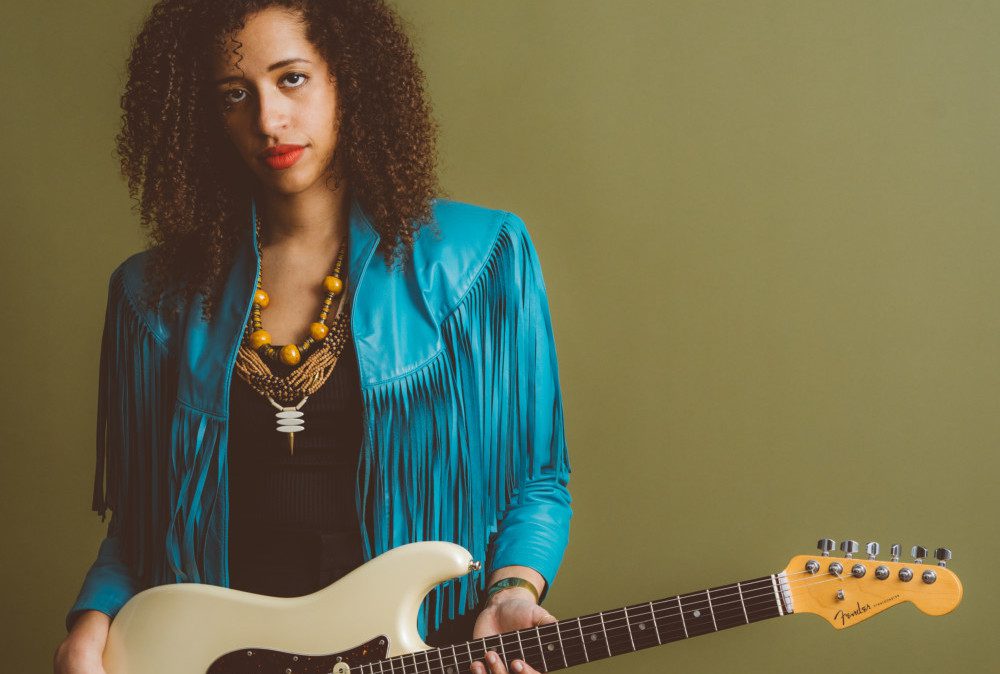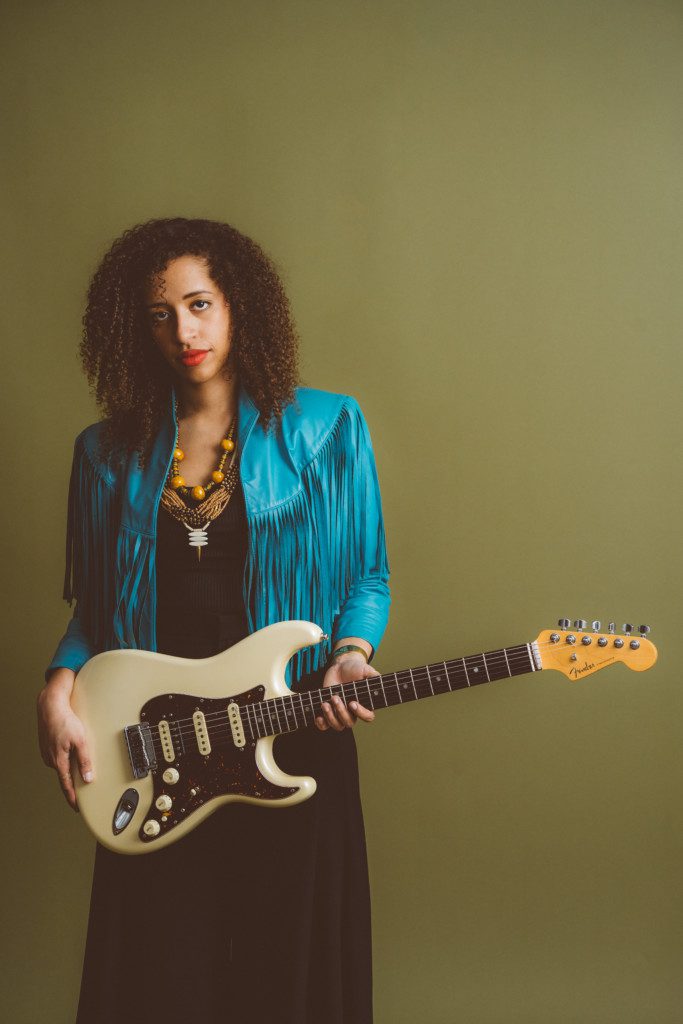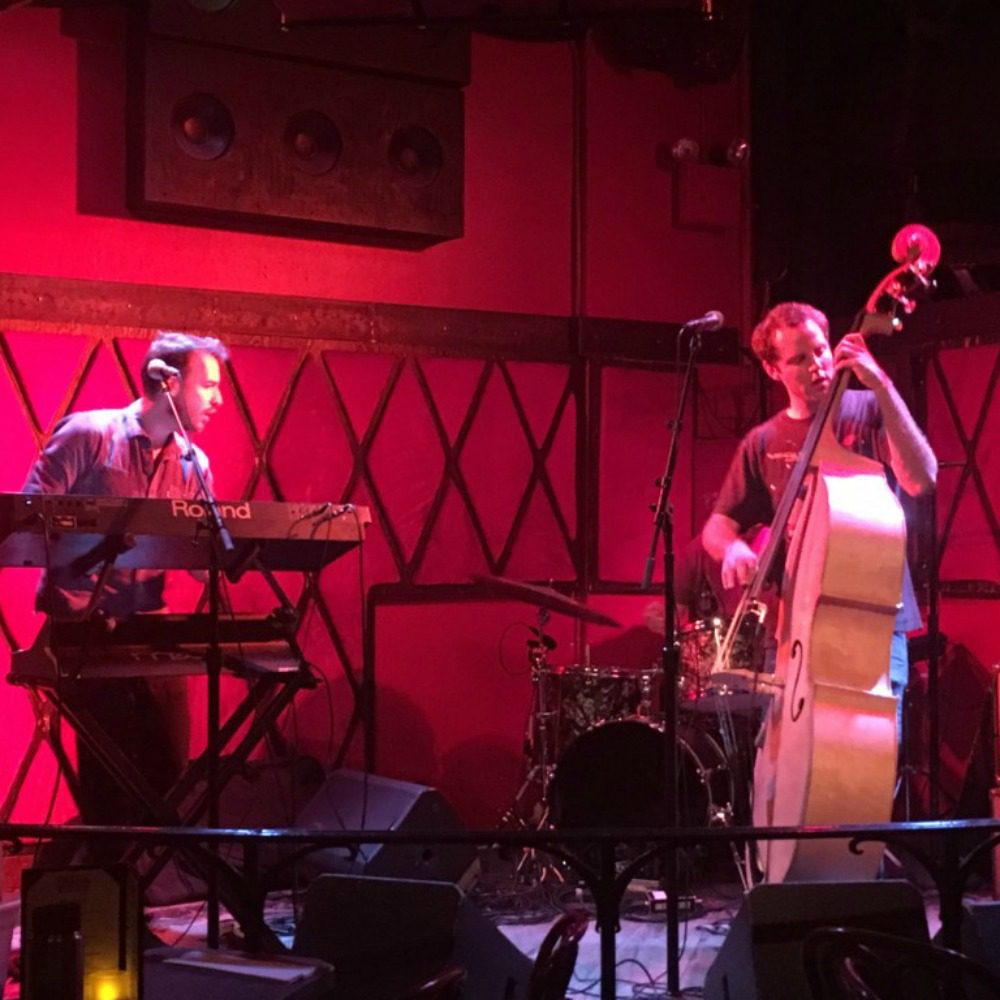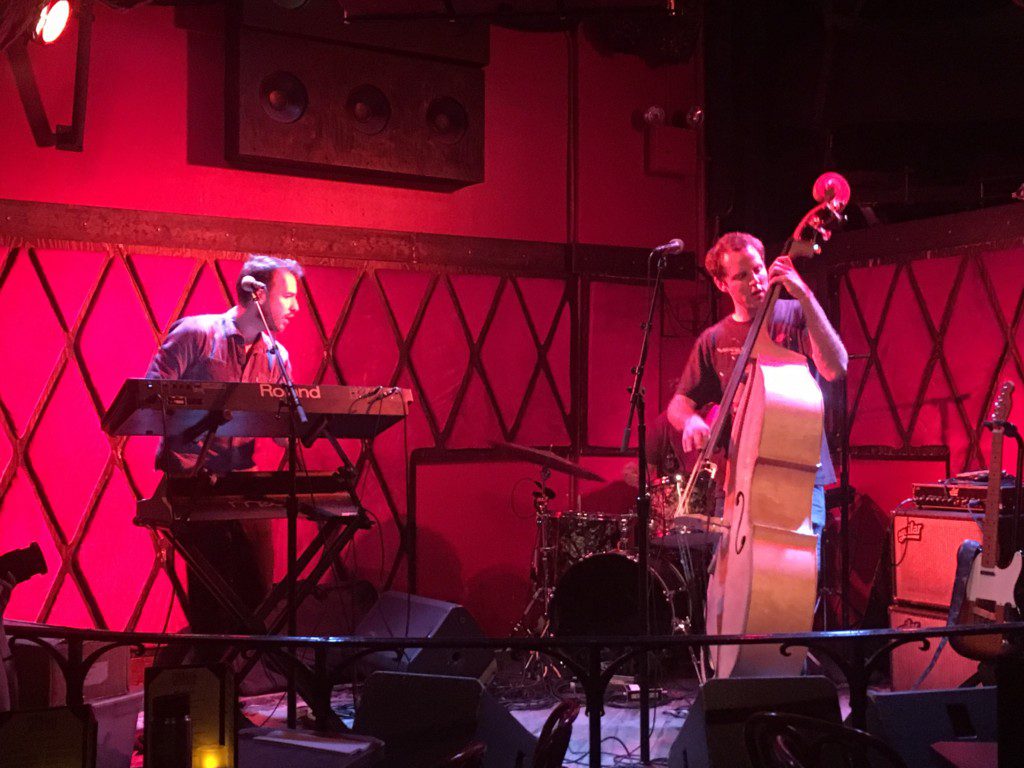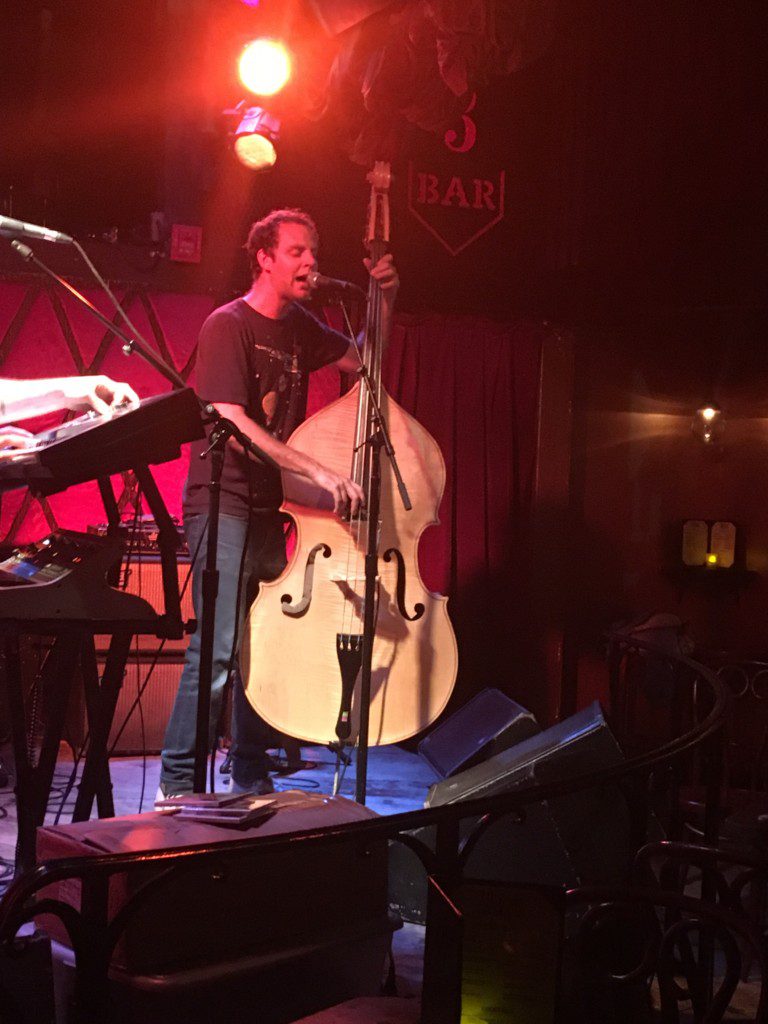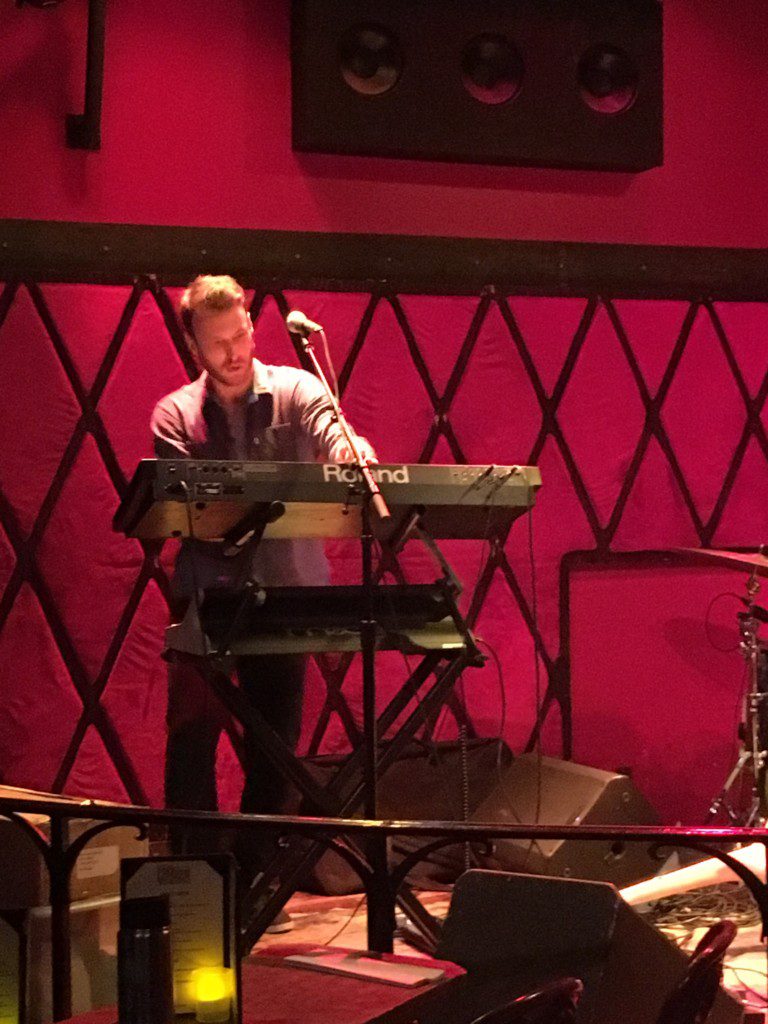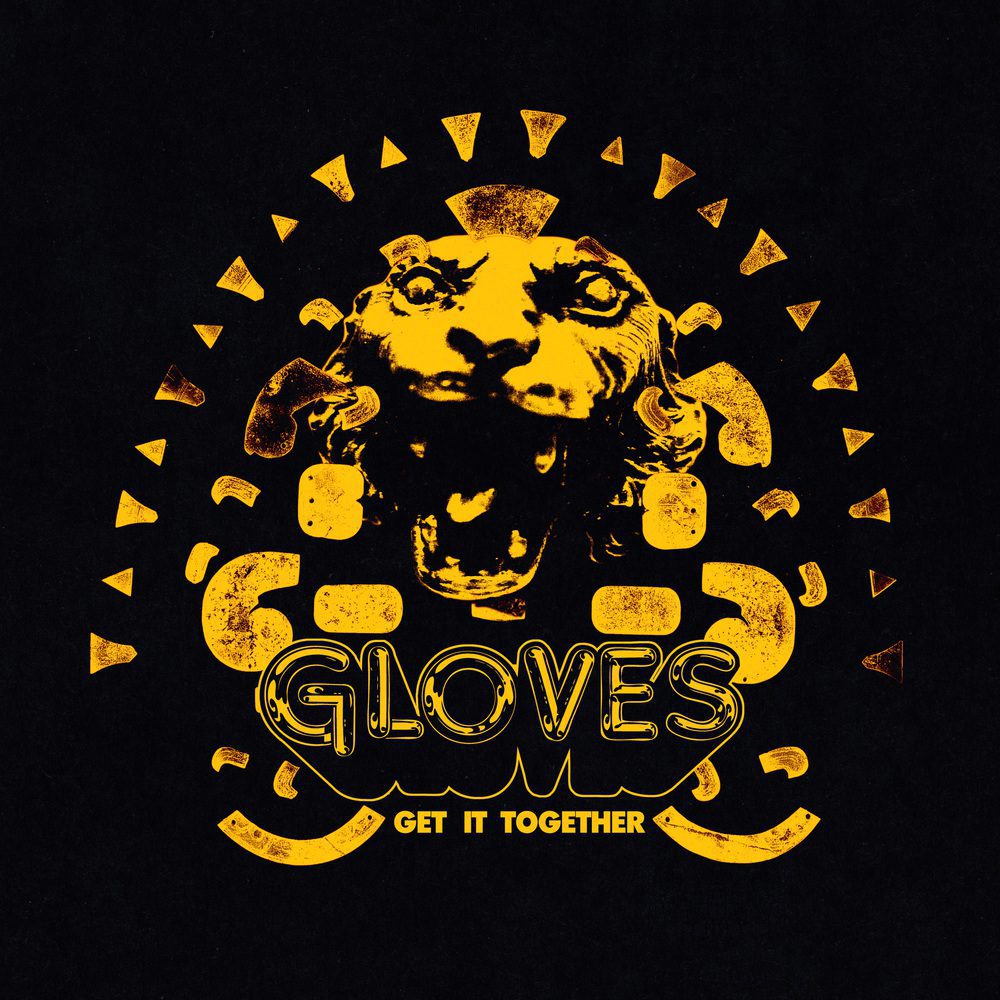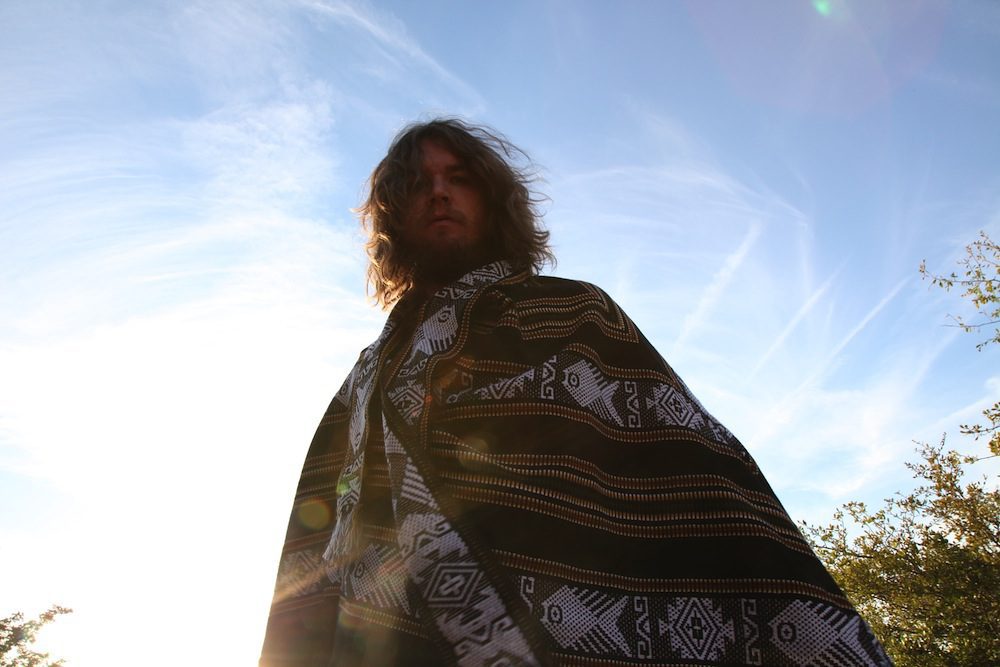Piwa Brings the ‘Bass Down’ to Take Her Next Steps as an Artist
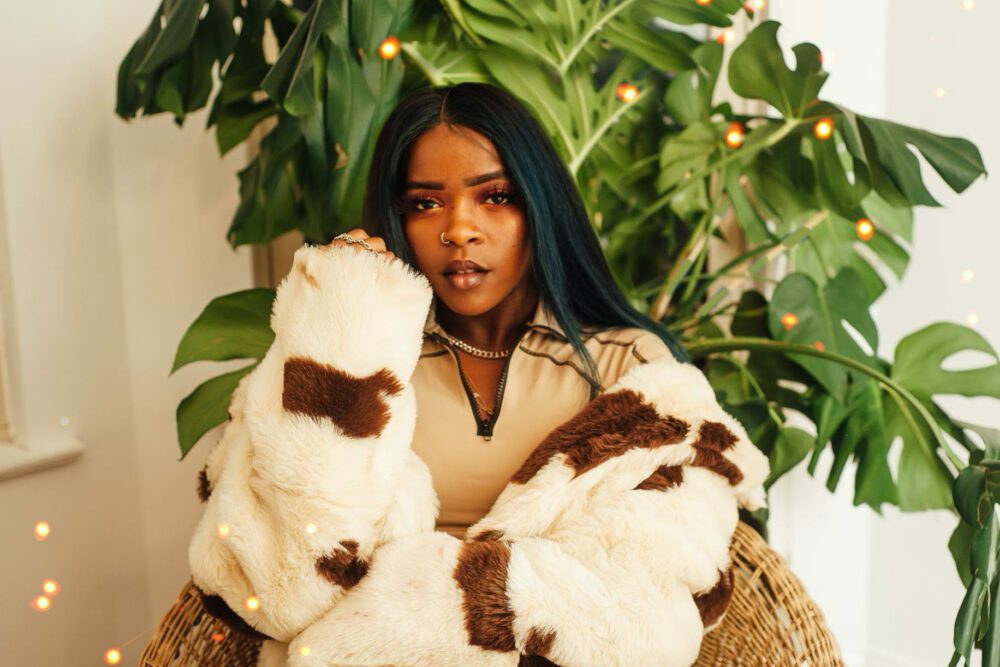
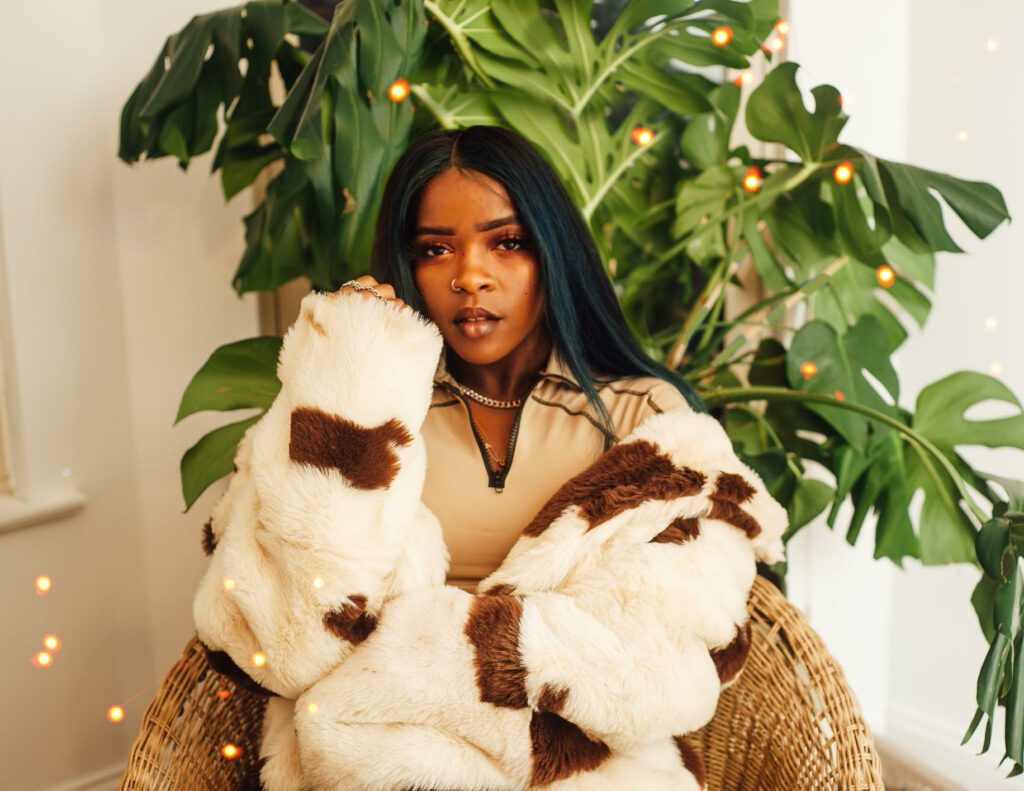
A week-long bootcamp for The Voice was Piwa’s window to the music industry – and its cruelty.
At age 17, the singer-songwriter, then known as Tapiwa, was in California with her mom for rounds of auditions after a successful submission tape for the Snapchat edition of the NBC singing competition garnered recognition from judges Miley Cyrus and Adam Levine.
As part of a group told after a round of cuts that they were moving on to the national show, she and the other participants went home to prepare to leave their real lives behind for Hollywood. A few days later, after Piwa had coordinated her schedule with her high school to fit with the show’s timeline, the phone rang.
“I got a call from someone saying ‘Unfortunately, you’re unable to go to the next round at this time.’ I was just like, oh my gosh. It was so heartbreaking. Like you told me, you told me!” she recalls. “But it’s all good. The Voice, with all the auditions and meetings, taught me how the business side really works. It’s very much not an easy game. It’s gonna hurt sometimes, you’re not always gonna get that win.”
Luckily, Piwa didn’t take the missed opportunity to heart. “Them telling me that moment wasn’t my time on that show doesn’t mean I’m not a good singer or exclude me from opportunities after that,” she reconciles. “It’s about learning that things will come.”
While she didn’t make the final cut for the live show, the experience was a catalyst for her creativity upon her return home to Plano, Texas. Taking control, she built her presence on YouTube – crafting unique covers of songs from artists including Arctic Monkeys, Drake, and Hozier. Looking to pursue a degree applicable to her musical pursuits, her path then brought her to Columbia College Chicago.
Now 20, with several singles under her belt as the reinvigorated Piwa, she’s riding high on a wave of renewed artistic momentum.
After a year of delay due to the pandemic, she’s returned with “Bass Down.” Released Friday, February 26, the new single is a seductive, slinky call for an inconsistent lover to keep up, with an undercurrent of reggae flavoring its rhythms. But the antagonist “lover,” according to the artist, is her own anxiety and fears threatening her work. “It’s basically saying, ‘Step up.’ You’re here to show what you can do; what’s up,” she describes.
Show up, she did. Showcasing both her powerful low ends and playful higher register, her vocal experimentation is arguably her biggest evolution compared to previous tracks “Love Letters,” “Hundreds” and “Wave.”
“I really feel like [‘Bass Down’] is that song for me,” Piwa continues. “I’m here now. I took a whole year to just fucking work. I want to put myself out there for people to hear.”
As far as how it was written, she says the verse came in a freestyle as she sang over the instrumental she received one night from producer Sam Pontililo. To his surprise, she emailed him a quick vocal recording in the early hours of the following morning. It all came together with ease, she remembers, and was unlike any process the typically meticulous Piwa had been part of. “It was so nice to have that moment where it just flows,” she laughs, extending the roundness of the “o” sound. “It was really exciting.”
Most inspired lyrically by her own journey, her songs serve as confident reminders of the power of perseverance and preservation. “Love Letters,” the first song she ever produced, details the ways we try to rationalize arguments, red flags and our post-break up peace in intimate relationships, while “Hundreds” doubles-down on affirmations and self-actualization. The atmosphere created by “Wave,” a minimalist, afro-futuristic slow-burner of a R&B track, feels as if you’re being entranced to be kept in her witch’s bottle.
At just three months old, Piwa emigrated from Zimbabwe to the United States with her parents and older sister. Settling in the Bronx for eight years before moving to Texas, she got involved in the performing arts in middle school and caught the bug quickly. Though she sang in the church choir, she was in and out of school singing groups and orchestra, due to not being able to afford her school’s rental fee for instruments. Her phone, as for most young people, became the center of her world. Different apps served as resources for her do-it-yourself approach, providing the tools she needed to expand her musical education.
“When I was younger, I just wanted to be able to record videos for myself. I started seeing I could be capable of doing more. I had all these big sounds and ideas in my head – I wanted to be able to make those ideas come to life,” the singer says of those early phone app experiments. “It wasn’t pressure; it’s that pull that just grabs you and makes you really want to make music.”
Then, there was GarageBand. Tinkering with the free version of the app during her spare time, she learned how to build a song from the base beat and up. She’s since graduated to analog instruments, but has a soft spot for songs created entirely digitally. “Love Letters,” she cites – referring to the song as her “baby” – was made solely using her cellphone.
“It really got me into wanting to do that for myself, and learn and educate myself,” Piwa says excitedly. “Then it was like, I can actually learn with the chance I have of going to college. I can do this and put real time into trying to do what I actually feel like I’m supposed to do.”
While her family persisted with their own visions for her life (being a doctor, mainly) despite being supportive of her talent show appearances and smaller, local performances for the public, she eventually made headway. Her mom, especially, became her number one fan, helping embolden that soulful, clever voice that brims with assuredness.
“We’ve had our battles,” she confesses. “She really came through. My mom was like ‘If you want to do this, you do it. Put yourself into it and show them. Tell them, you’ve done this before.'”
As for many up-and-coming artists, Piwa’s work never stops. After the pandemic shut down music venues, recording studios, festivals and more lifelines for travelling musicians and industry workers, Piwa – like countless others – lost what could have been breakthrough gigs at South by Southwest in Austin and at Chicago’s Aragon Ballroom. But she hopes the buzz around “Bass Down” will entice more listeners to visit past projects and keep an eye on her and her still-in-the-works EP, while opening doors to new opportunities in 2021.
“[The pandemic shutdown] opened up a lot of time for everyone to just sit there in their own space and their own company, and it changed a lot for me as far as what I’d hoped for 2020 and what I envisioned would be happening now,” she says. “I know I want my music to be my force. I want to show my force through my music. That’s the main point I grasped out of the fear and sadness of 2020. Now, as I go through this forever process, I feel like I’ve got a good grasp on my game plan.”

